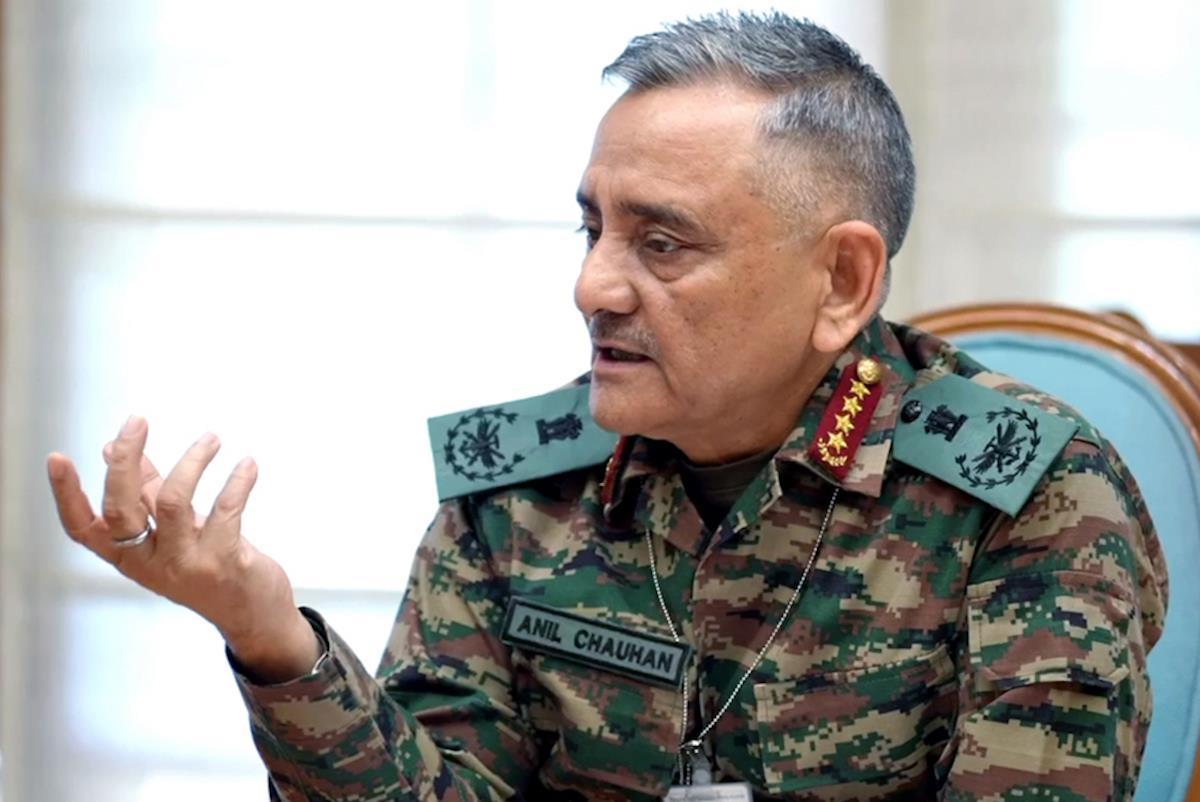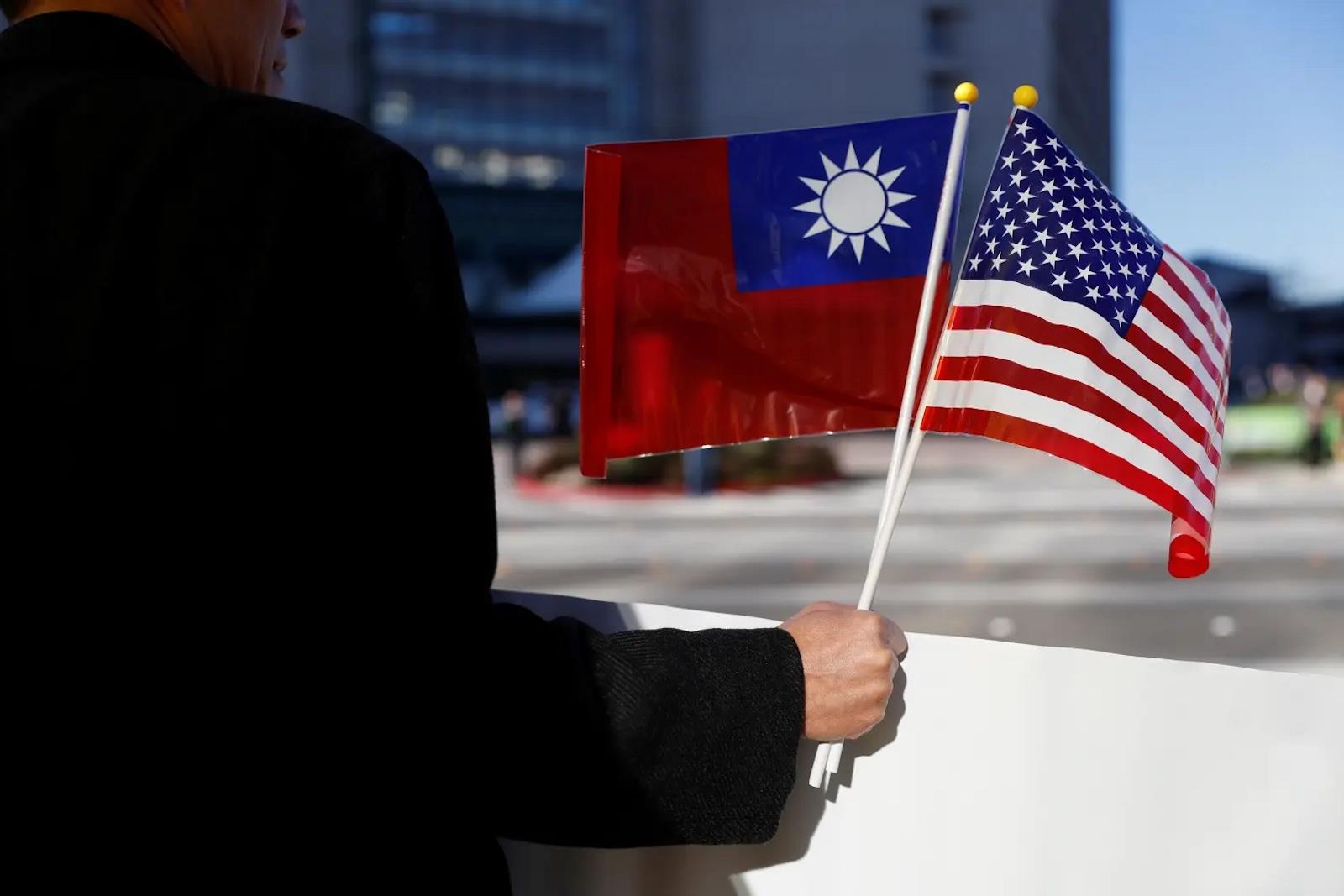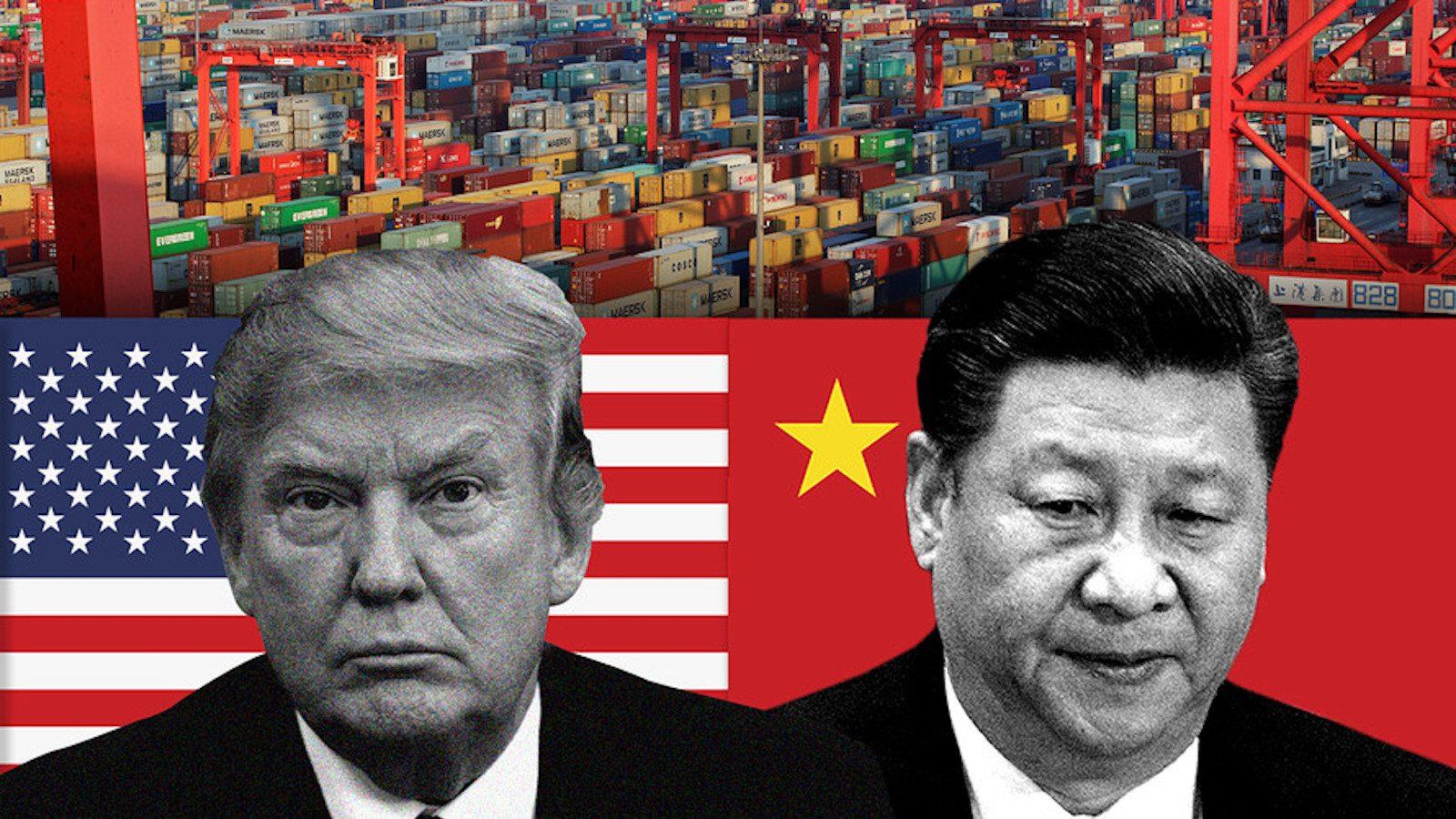
Interview: Afd's Frohnmaier Rejects Merz's Ukraine Strategy
In this exclusive interview, Markus Frohnmaier-foreign policy spokesperson for the AfD-shares his perspectives on the German government's stance towards the Ukraine conflict, the attempts of the established parties to and the urgent economic challenges facing German industry.
The timing of this conversation is especially relevant. Amid persistent calls for increased military support for Ukraine, Germany's mainstream parties remain committed to an all-out confrontational stance towards Russia. Yet Germany's economy is simultaneously grappling with the costs of energy transformation and strategic realignments that are reshaping industrial competitiveness.
The AfD, critical of both the military engagement and Berlin's energy policy, is gaining traction in the polls and now commands double-digit national support. Uwe von Parpart, publisher of Asia Times, and correspondent Diego Faßnacht spoke with Markus Frohnmaier.
Parpart: A few days ago, Chancellor Friedrich Merz spoke out and said that the restrictions on the range of weapons now in Ukraine's possession have been lifted. This would be necessary to enable the Ukrainians to defend themselves against the Russian attack.
As far as I know, all range limits on British, French and American weapon systems were lifted no later than 17 November last year when the US first eliminated range restrictions on ATACMS missiles, which have a maximum range of 300 kilometers. So, that's quite some time ago. Why do you think Merz made a big deal about this again right now?
Frohnmaier: Long before he became chancellor, Mr Merz was an ardent advocate of giving the 500-km range Taurus missiles to Ukraine. But recently, he has avoided the subject. He has to be considerate of his coalition partner, the Social Democrats (SPD), who oppose Taurus delivery, and is trying to use smoke and mirrors such as the lifting of range restrictions to distract from that.
You will have watched his May 28 press conference. In it, he did not say anything about supplying Taurus, but that he wants Germany to help Ukraine to develop new weapons with long-range capabilities.
With such talk, he is trying to distract from the fact that the CDU/CSU promised the delivery of Taurus for many months during the recent parliamentary election campaign. From our perspective, from the perspective of the AfD, these are completely the wrong approaches to the Ukraine situation. We now need diplomatic efforts. We must ensure that the Ukrainians and the Russians sit down at the same table and continue negotiations.
We fail to see that Mr Merz is pursuing any strategy here that goes beyond what has been attempted in recent years: throwing crumbs to a state that would actually no longer exist without foreign support – it has to be said that harshly – and keeping it on a drip.
This is not our idea of a solution. Instead, we need to support the steps that US President Trump has taken to persuade the two parties to talk in Turkey. And I believe that discussions about range restrictions or providing an alibi-like surrogate for Taurus are completely the wrong signal at the moment.
Parpart: What do you think? How seriously should we take Russia's threat that if Taurus is fired at Russia, this will be interpreted as German combatant status in the war?
Frohnmaier: In my opinion, Russia has long regarded Germany as an active participant in this war. But I find the debate difficult. It is pointless to discuss whether the deployment of Taurus would mean German involvement or not. I believe that in real terms, Germany has been involved in this war for a long time. It has also clearly taken sides, which I find regrettable.
I believe we would have had the chance to act as a kind of broker, an honest broker, in this conflict. Germany has built good relationships with the Ukrainian and Russian sides over the last few decades. This potential was squandered. But now, Mr Trump has definitely succeeded in forcing the two parties to the negotiating table. And I believe that a decisive component was this: that Donald Trump has made it clear that Ukrainian and US interests are different.
This is something that we have not seen in European politics for many months, actually for years. European government representatives no longer make or formulate a distinction between their own national interests and the interests of Ukraine. It was only this new way of thinking on the part of Trump that ultimately forced the Ukrainians and Russians to enter into dialogue with each other.
We will have to wait and see how this develops. However, I cannot see that the German government under Friedrich Merz is currently making any positive contribution to making peace in Ukraine as quickly as possible.
Faßnacht: Friedrich Merz would now reply that the last few weeks have shown that more diplomacy has achieved nothing. What he did say is that the current government would do everything in its power to ensure that the Nord Stream pipelines are not put back into operation. This raises the question of what the real German interest is in these negotiations.
Frohnmaier: Well, to Mr Merz's question, what's the use of diplomacy, I would pose a counter-question: We have seen in the last two years that the supply of weapons of the most diverse categories has not brought us one meter closer to peace. On the contrary, the situation may even have deteriorated.
You will no doubt remember the first negotiations that were held relatively soon after the start of the war in Istanbul. Since then, there have been no more negotiations for a long time. But Trump's negotiations have already led to the largest prisoner exchange since the start of the war. Everyone involved would probably like to see more. But peace also sometimes takes time, which must also be recognized by the Russian side at this point.
There is a fear that if a 30-day ceasefire is agreed, but at the same time arms deliveries and the strengthening of the Ukrainian armed forces continue, this could work to Russia's disadvantage.
I believe that an attempt should be made to find a solution on this point, for example by freezing the front line and stopping the supply of weapons. This will probably not happen for the time being, but it is certainly an aspect that will be raised time and again. So far, I have not heard any convincing argument to dispel these concerns.
The second point you mentioned is Nord Stream. I think you have addressed a very important point that has been given far too little attention in the press and in the media coverage following the press conference. In the debates in the German Bundestag over the last few days – there was a debate on Nord Stream – the CDU/CSU has made every effort to avoid a clear statement on how it intends to proceed with Nord Stream.
That's why I was surprised that Friedrich Merz declared yesterday that he would do everything in his power to ensure that Nord Stream is not put back into operation. From a German perspective, I think that is completely negligent and wrong. Why? It is in our national interest to ensure a broad energy supply range for Germany. Friedrich Merz's CDU/CSU has shut down the nuclear power plants in Germany.

Legal Disclaimer:
MENAFN provides the
information “as is” without warranty of any kind. We do not accept
any responsibility or liability for the accuracy, content, images,
videos, licenses, completeness, legality, or reliability of the information
contained in this article. If you have any complaints or copyright
issues related to this article, kindly contact the provider above.






















Comments
No comment